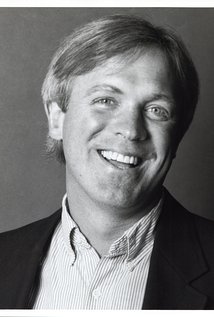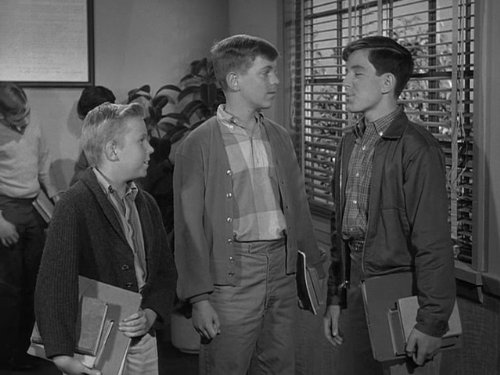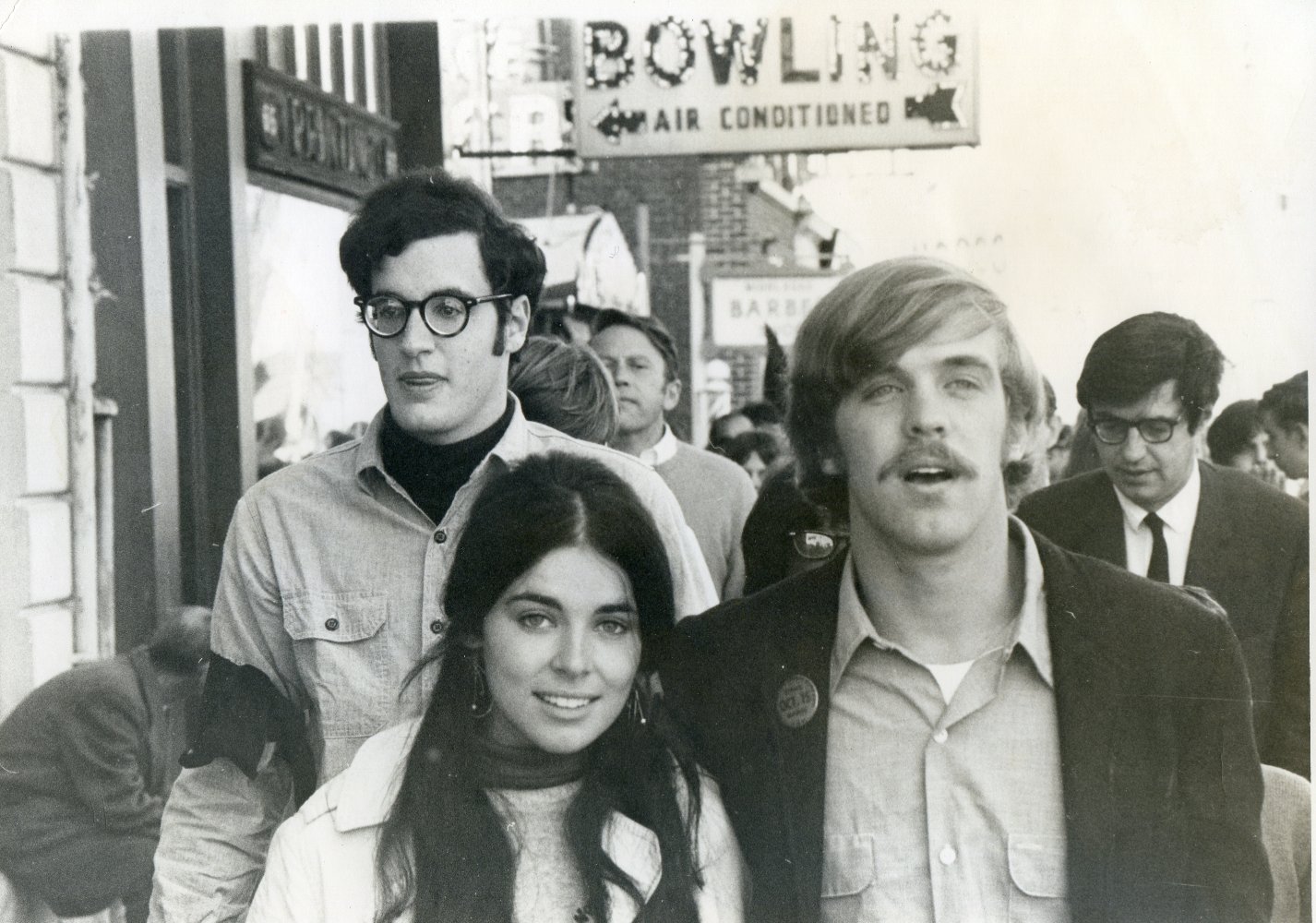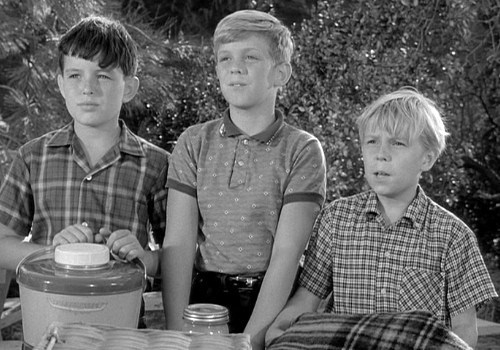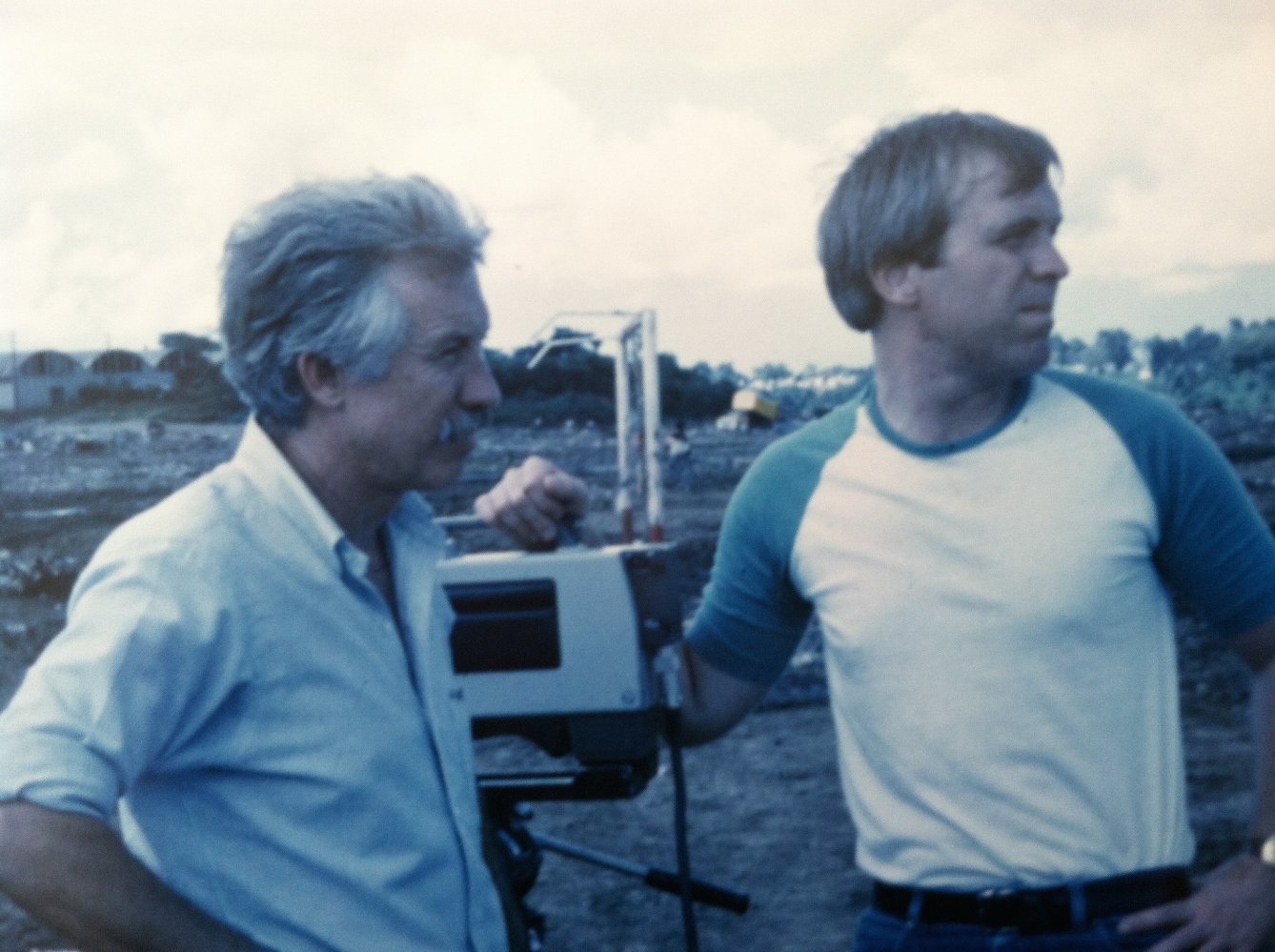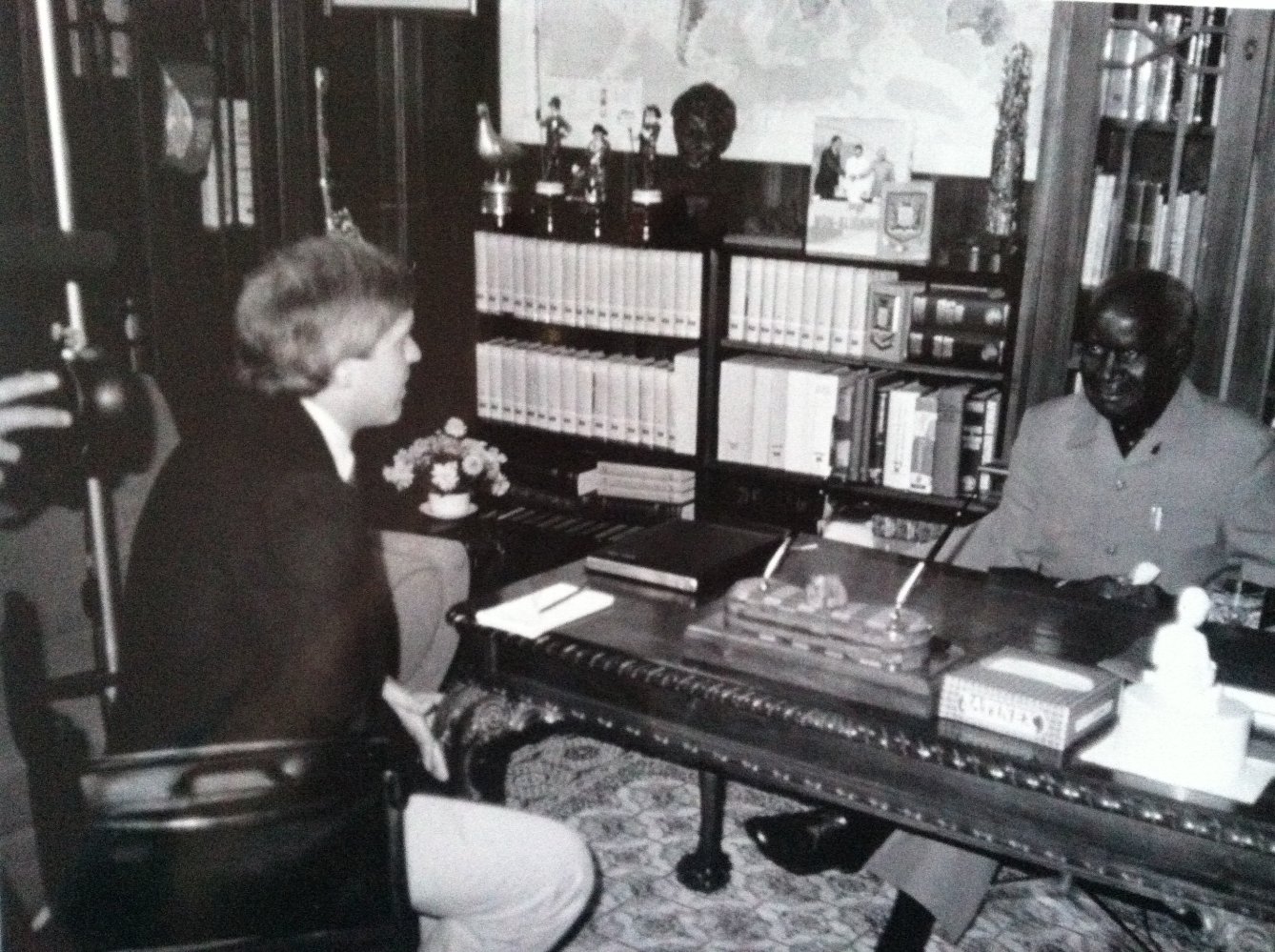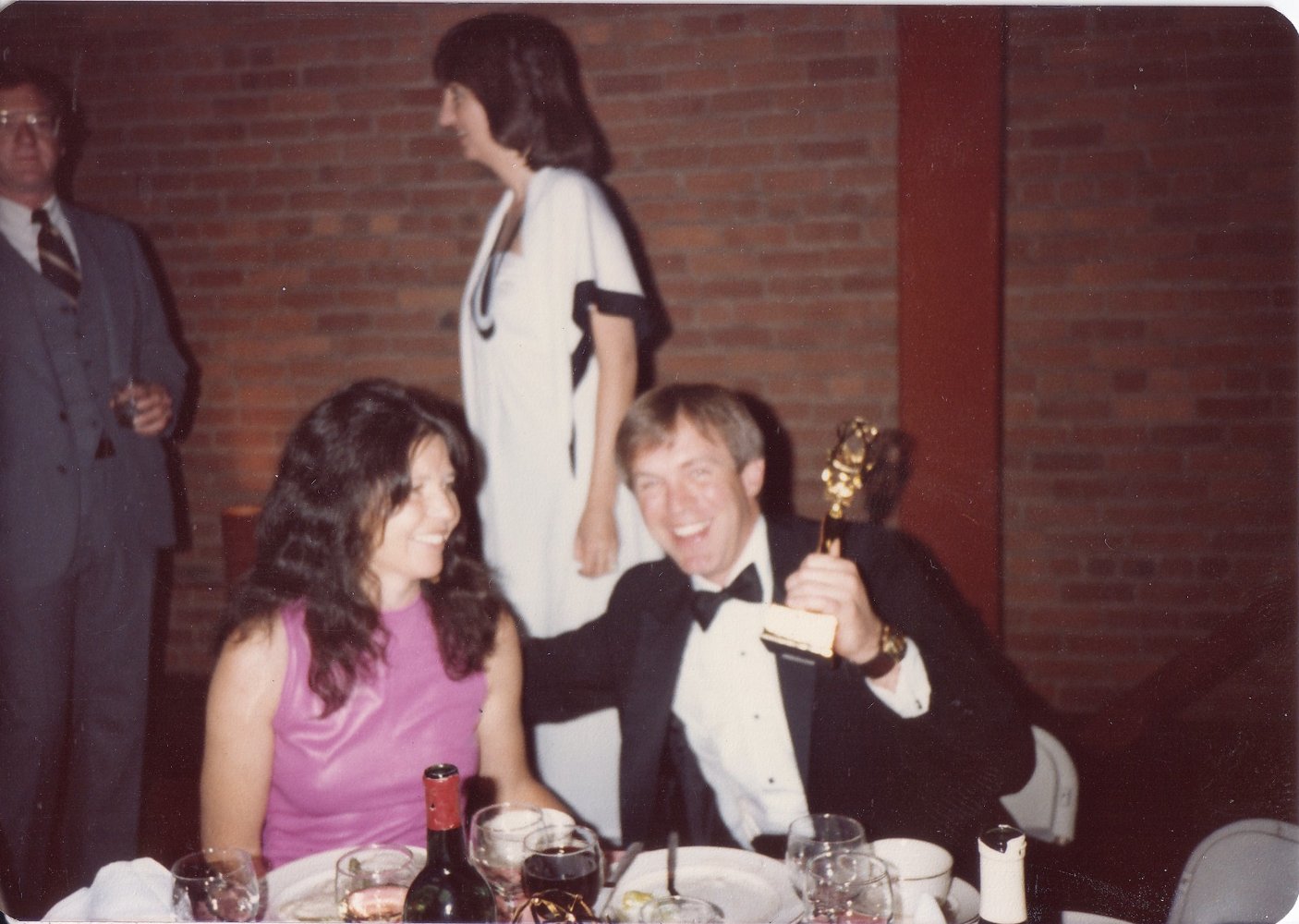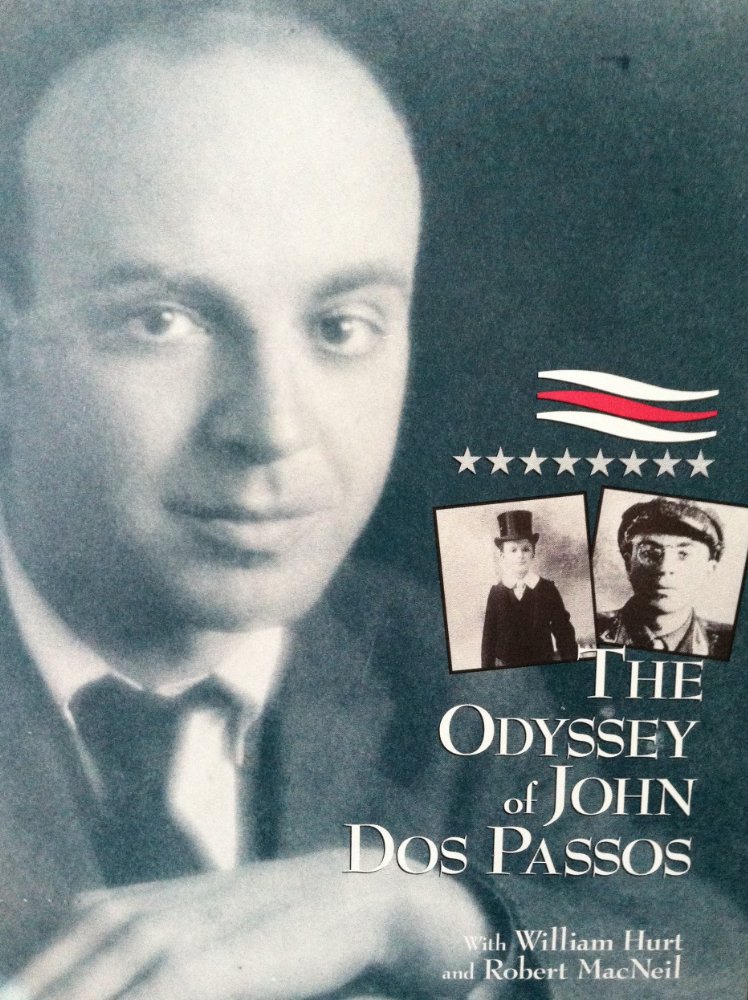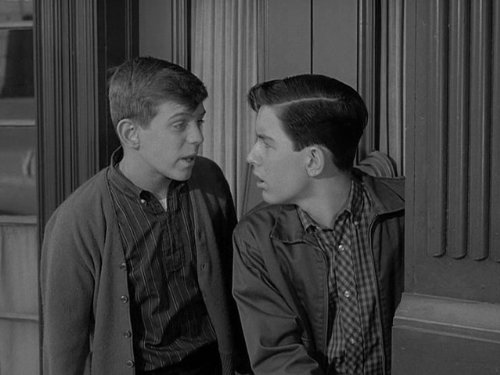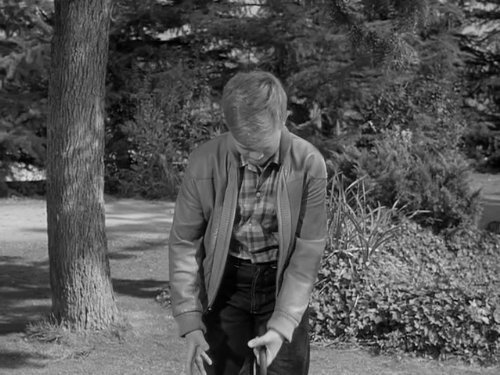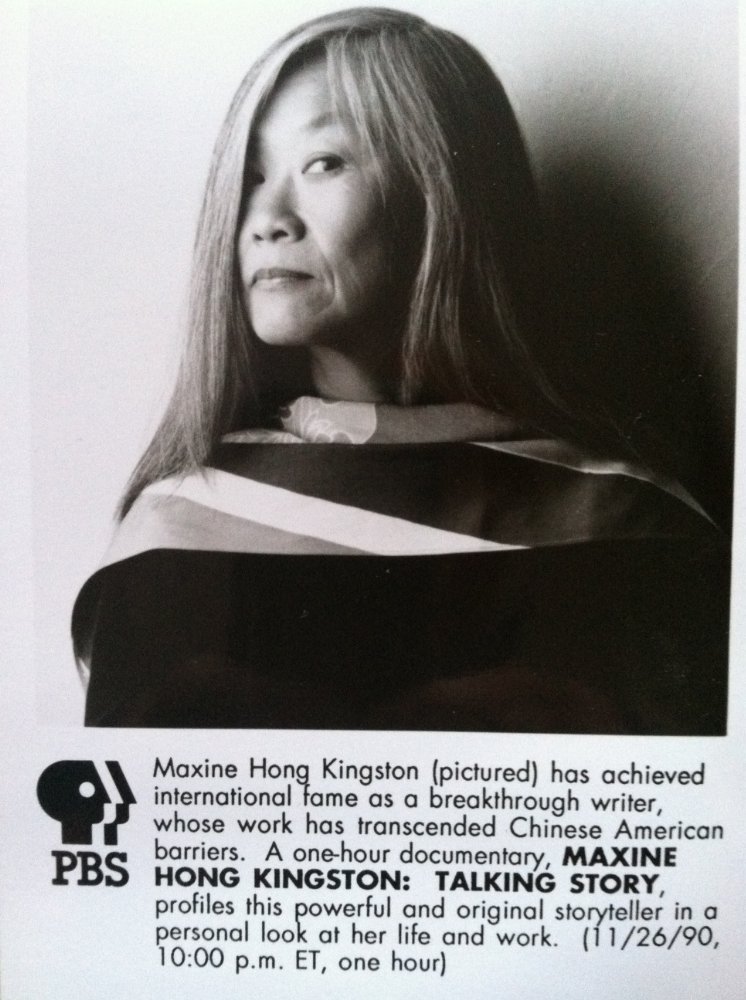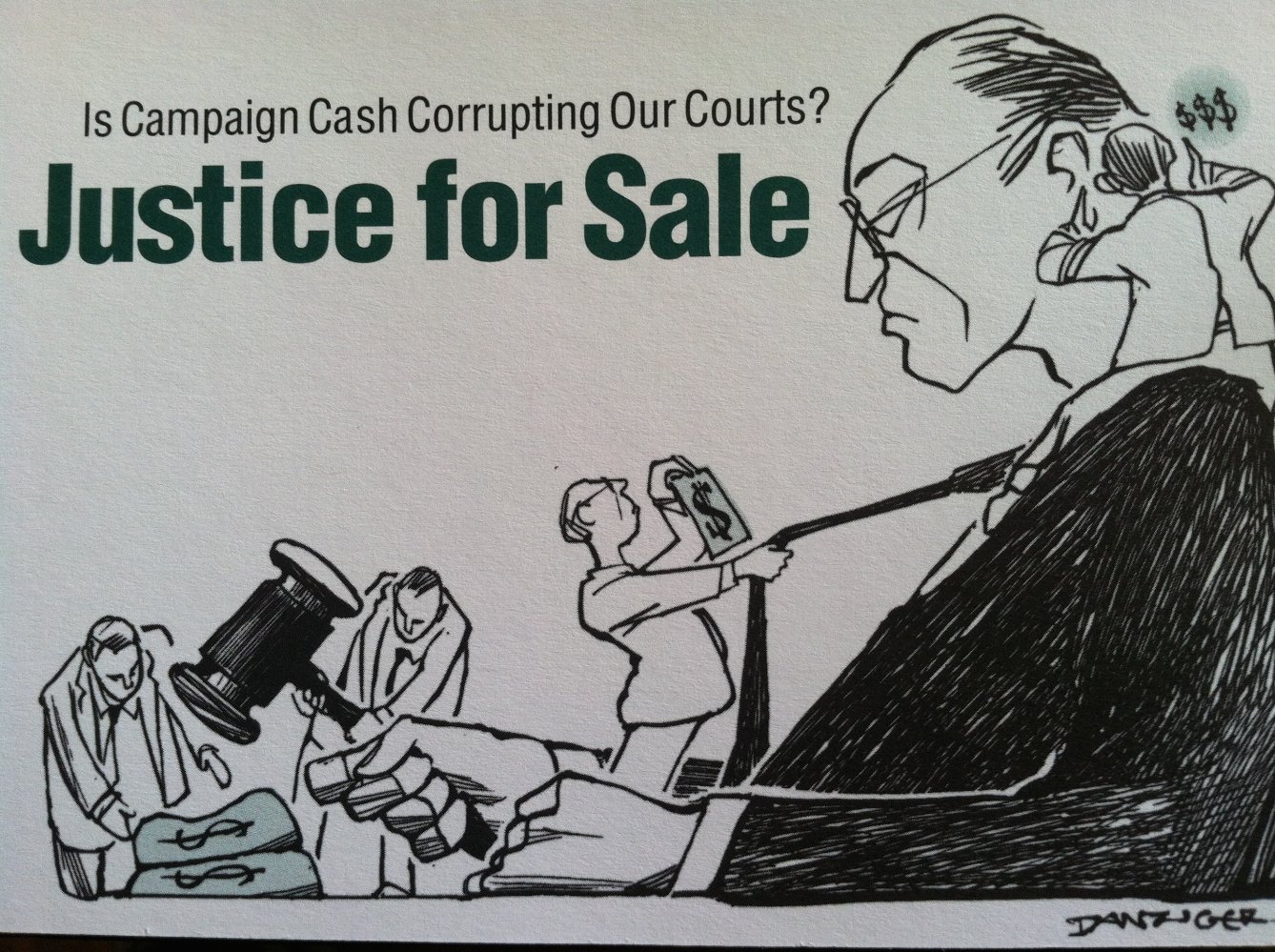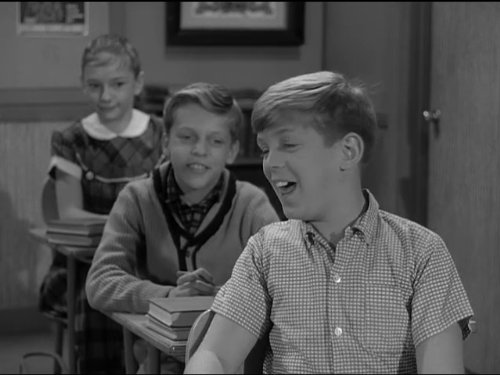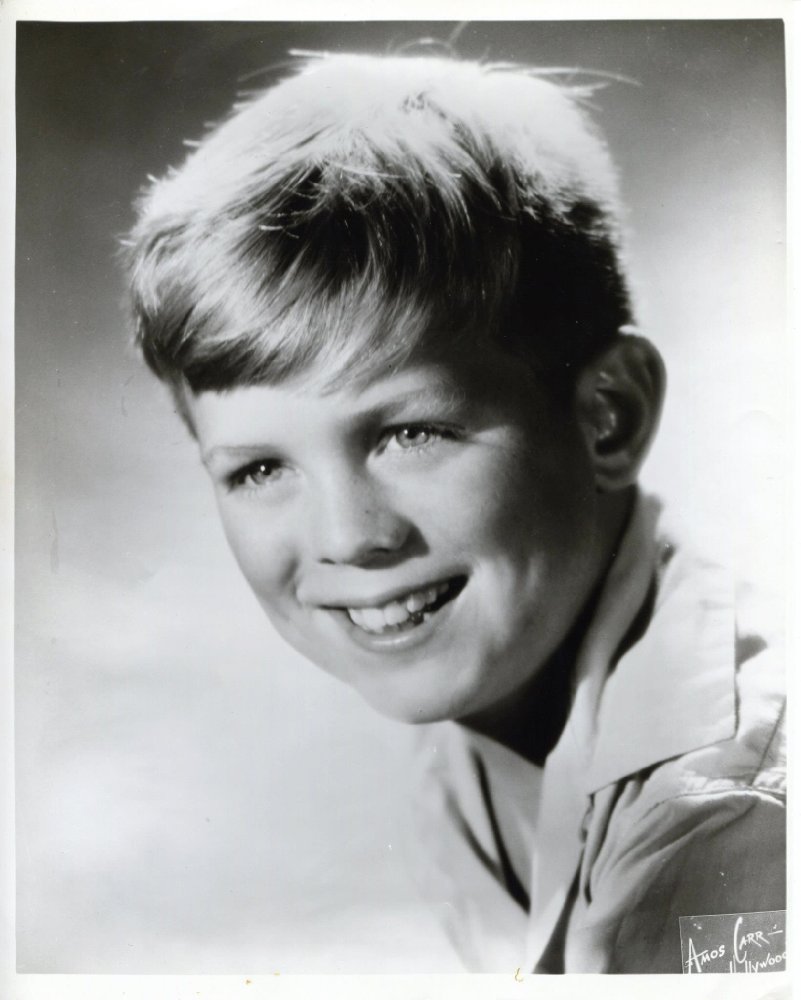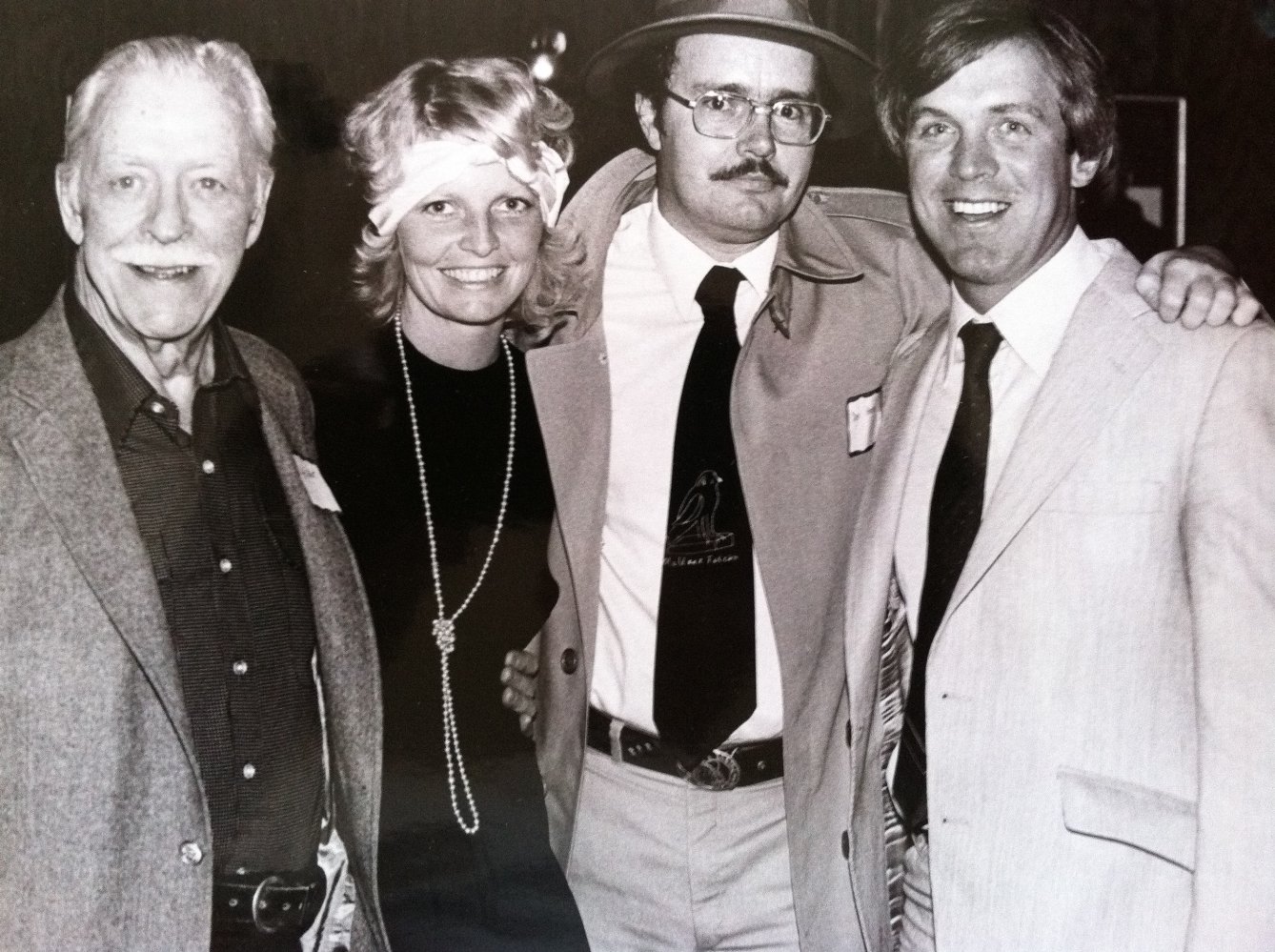Born in Hollywood in 1949, the son of actor Lyle Talbot, Stephen Talbot became a child actor, appearing as Beaver's friend, Gilbert, in more than 50 episodes of the iconic baby boomer series "Leave It To Beaver." He also appeared in many TV shows of the late '50s and early '60s, Including "Perry Mason," "Lass...
Show more »
Born in Hollywood in 1949, the son of actor Lyle Talbot, Stephen Talbot became a child actor, appearing as Beaver's friend, Gilbert, in more than 50 episodes of the iconic baby boomer series "Leave It To Beaver." He also appeared in many TV shows of the late '50s and early '60s, Including "Perry Mason," "Lassie," "The Twilight Zone," "Wanted: Dead of Alive" and "The Lucy Show."As an adult, Talbot turned to reporting and documentary filmmaking. He began as a producer and on-air reporter for KQED, the public television station in San Francisco. He had early success with two documentaries that set the tone for his career: "Broken Arrow" (1980) an investigation of nuclear weapons accidents, and "The Case of Dashiell Hammett" (1982), a biography of the mystery writer. Both films won George Foster Peabody Awards and established Talbot as someone who could do both investigative reporting and arts films.Talbot began producing documentaries for the critically acclaimed PBS series, "Frontline," in 1992 with his film on the Bush-Clinton presidential race, "The Best Campaign Money Can Buy," which won a DuPont Award. It was the start of a long association with "Frontline," where he produced and wrote ten documentaries for the series, including "News War: What's Happening to the News" (2007) with reporter Lowell Bergman, "Justice for Sale" (1999) with Bill Moyers, "Spying on Saddam" (1999), "The Long March of Newt Gingrich" (1996) and "Rush Limbaugh's America" (1995) with Peter Boyer, and "The Heartbeat of America" (1993) with Robert Krulwich about the travails of General Motors.When "Frontline's" executive producer David Fanning launched an international news magazine series, "Frontline World," in 2002, he named Talbot as the Series Editor with a mandate to increase global reporting in the wake of 9/11 and to develop a new generation of younger reporters and producers. From 2002-2008, Talbot was instrumental in recruiting new talent and in commissioning and supervising over 100 broadcast stories for 30 hour-long episodes of the Emmy award-winning series. He also went to Lebanon and Syria to produce his own report about Lebanon's Cedar Revolution, "The Earthquake" (2005) with correspondent Kate Seelye. And he oversaw "Rough Cuts," a series of original videos for the "Frontline World" website.Throughout his career of nearly 35 years in public television, Talbot has continued to produce history and arts documentaries, alongside his broadcast journalism work. With David Davis, Talbot wrote and directed "The Sixties: The Years That Shaped a Generation," a two-hour history special that aired nationally on PBS in 2005. It was based on Talbot's earlier film, "1968." Talbot has also written and co-produced several biographies of noted writers, including Ken Kesey, Carlos Fuentes, Beryl Markham, Maxine Hong Kingston and John Dos Passos (narrated by actor William Hurt).In 2008, he formed The Talbot Players, an independent media company in San Francisco, with his brother David and sister Margaret, and created a new music show for PBS, "Sound Tracks: Music Without Borders," executive producing specials in 2010 and 2012 with host Marco Werman and starting an online music series for PBS Digital, "Quick Hits."Talbot also continues to serve as executive producer for a number of independent documentaries, such as director Mimi Chakarova's expose of sex trafficking in Eastern Europe and the Middle East, "The Price of Sex" (2011), and from 2012-2014 he supervised video production and The I Files YouTube channel at the Center for Investigative Reporting. Since 2015 he has been a producer for ITVS / Independent Lens on PBS.
Show less «

